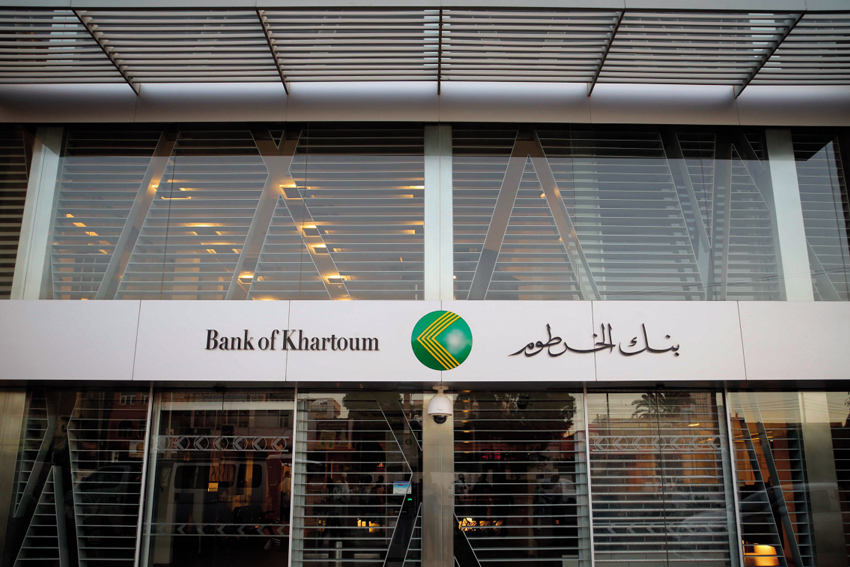The Sudanese Government’s Emergency Economic Program is leading the country towards macroeconomic stability, making it more prepared to receive investment than it has ever been before

Sudan’s Emergency Economic Programme 2012-15 saw inflation brought down to less than 21 per cent in 2014 “by applying tough policies but without harming the economy”, according the Ministry of Finance.
The ministry said that previous rates of inflation were affected by the Government’s application of a 60% increase on public sector salaries, as well as its social funding initiatives that have helped 500,000 families in need of assistance to meet their monthly expenses.
Like inflation, Sudan’s economic growth is likewise starting to recover, growing by 3.6% in 2013 (up from 1.4% in 2012), driven by agriculture and mining. In addition to financial flows from oil transit fees, and as a result of financial transition agreements with South Sudan, it is expected that the Sudanese GDP (gross domestic product) will gradually increase along with the rise in domestic production of oil, while the agriculture and gold sectors will likewise clearly contribute to growth in the national income.
According to the Sudanese finance minister, Sudan’s budget for 2014 allocated 64% of the savings from the oil subsidies to offset the cost of the increase in wages, and directed another 22% to social subsidies, such as supporting poor families and healthcare.
The budget allocated revenues of 46.2 billion Sudanese pounds (US $8.1 billion), with an increase of 42% from the previous fiscal year.
The 2014 budget was a continuation of fiscal consolidation to maintain macroeconomic stability, with the implementation of well-designed social safety nets, while the government’s Interim Poverty Reduction Strategy Paper (I-PRSP) is also seen as a vehicle for enhancing employment and poverty reduction as well as deepening macroeconomic reform.
Sudan’s industries are a ‘gold mine’ of opportunities for international investors. If tapped appropriately, the country’s gold reserves could potentially make it Africa’s third largest gold miner, after South Africa and Ghana, and one of the top 15 in the world.
As such, the Sudanese authorities are aiming to produce nearly 50 tonnes of gold – with an estimated worth of $2.5 billion – annually in the imminent future. The Ministry of Finance also points to Sudan’s massive economic and investment potential in a wide range of sectors, such as finance and banking, power generation, agriculture, infrastructure development and telecommunications.
In order to attract the required investment, Sudan’s new Investment Act has provided greater exemptions compared to the previous 1999 act.
Figures show that over US$31 billion were injected into the Sudanese economy through foreign Direct in investment in the last 15 years.
Going forward, while the government will continue to rely on attracting more foreign investments and loans from different parts of the world, Sudan will keep on improving its investment, economic policies and infrastructural development to ensure a greater success.
Through these investments Sudan aims to be the hub of investment in the region.
0 COMMENTS